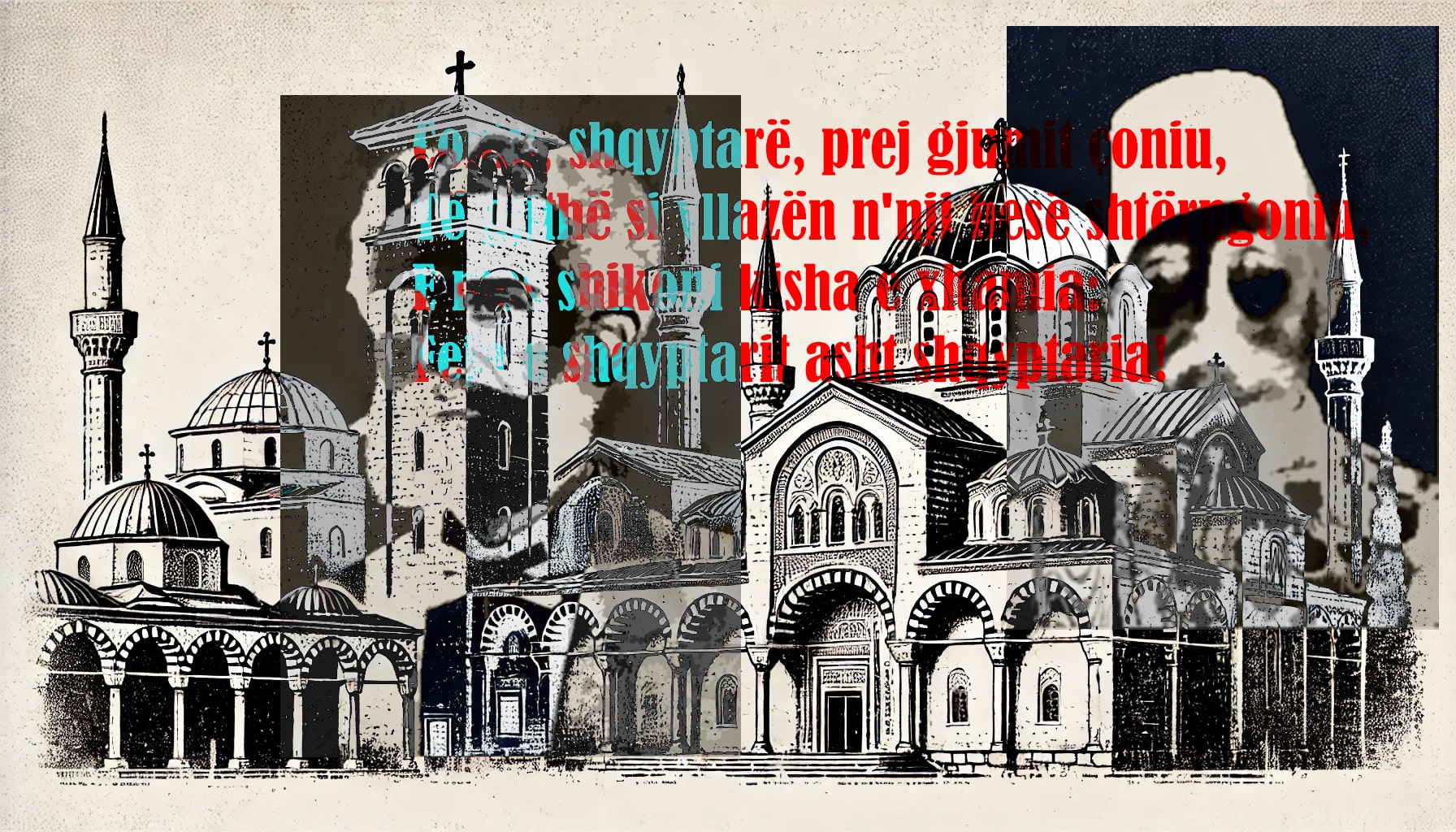
Albanianism as an instrument of Islamophobia and division
Muslim Albanian identity should not be discouraged.
Interestingly, most Albanians today seem to ignore the underlying context of these lines: that Albanians were historically very religiously divided.
His overt animosity for Islamic symbols like hijabs and beards seems to align with a broader Islamophobic narrative, rather than a response to radicalism.
All this begs the question: would we hear so much about “Albanianism” if most Albanians were Christian?
What sets Albanianism apart is the constant need to emphasize a unified national identity, something not seen as strongly in these other nations.

Shan Karemani
Shan Karemani is an independent researcher. He has a master’s degree in Russian and East European Studies from Indiana University and a bachelor’s degree in political science from Stetson University.
DISCLAIMERThe views of the writer do not necessarily reflect the views of Kosovo 2.0.
This story was originally written in English.